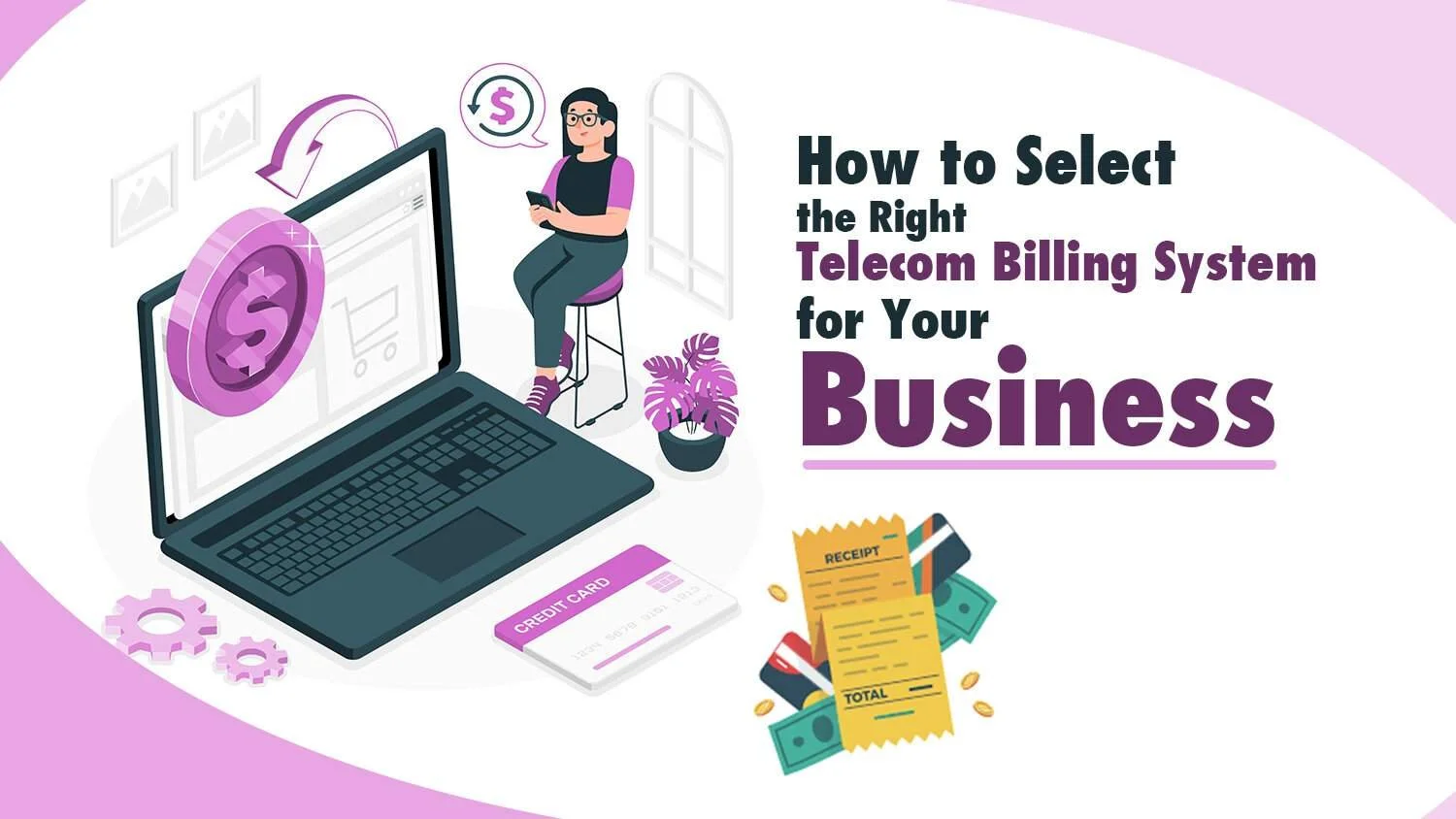How to Select the Right Telecom Billing System for Your Business
Billing is one of the most important aspects of a telecommunications company, since it directly impacts the flow of revenue. Billing customers incorrectly, or failing to bill at all can be disastrous for telecommunications businesses. Telecom billing is also very complicated. Each individual account must be tracked for usage, have the correct rates applied to that usage, have the total cost calculated and have the correct invoice go to the correct customer. It is not a simple transaction.
The best thing a telecommunications company can do for the health of their billing (and therefore, their business), is to rely on a telecom billing software. The software will handle all calculations, invoicing, and debt collection. The right software can really improve the health of a telecom business, while unburdening employees.
Here is how to select the right telecom billing system for your business:
1. Make sure the software you choose can do everything you need it to. The question behind the question here is how complicated is your business? Do you need really robust telecom billing software, or will a simple invoice management system suffice? Choosing a billing software that cannot do everything you need it to can be very frustrating. Similarly, overspending on a software that has a bunch of features your business does not use can be a costly error. The best way to go about this is to come up with a list of features you need before you even start researching telecom billing software. This list will guide your search and help you to narrow down your options.
2. Check to see if the software will integrate into your existing systems. If your company relies on a CRM (Customer Relationship Management), the billing software you choose should integrate. If it does not, your employees will likely wind up tracking customer data in two different places. Not only is this boring and tedious, but it is a system that is rife with human error. You want your two systems to communicate and integrate with each other. If your favorite telecom billing system does not integrate with the CRM your company is already using, then you need to cross them off of your list, as painful as that may be.
3. Ensure that the system is adaptable. When you invest in a telecom billing software, you are making a multi-year investment. Your business may change over the years, industry regulations may change over the years...a lot can happen. Make sure that the software you choose has a history of adapting to changing circumstances and can support your evolving business.
4. Analyze pricing. Telecom billing software is a significant expense, so make sure that the cost is something that your business can support. Telecom billing software can help your company to save and make money in the long run, but you have to make sure that you have the funds available to support the software today. This is not a business decision to take lightly.
Remember, telecom billing software exists to make your life easier and your company more successful. Those should be your expectations as you consider which software to use.

